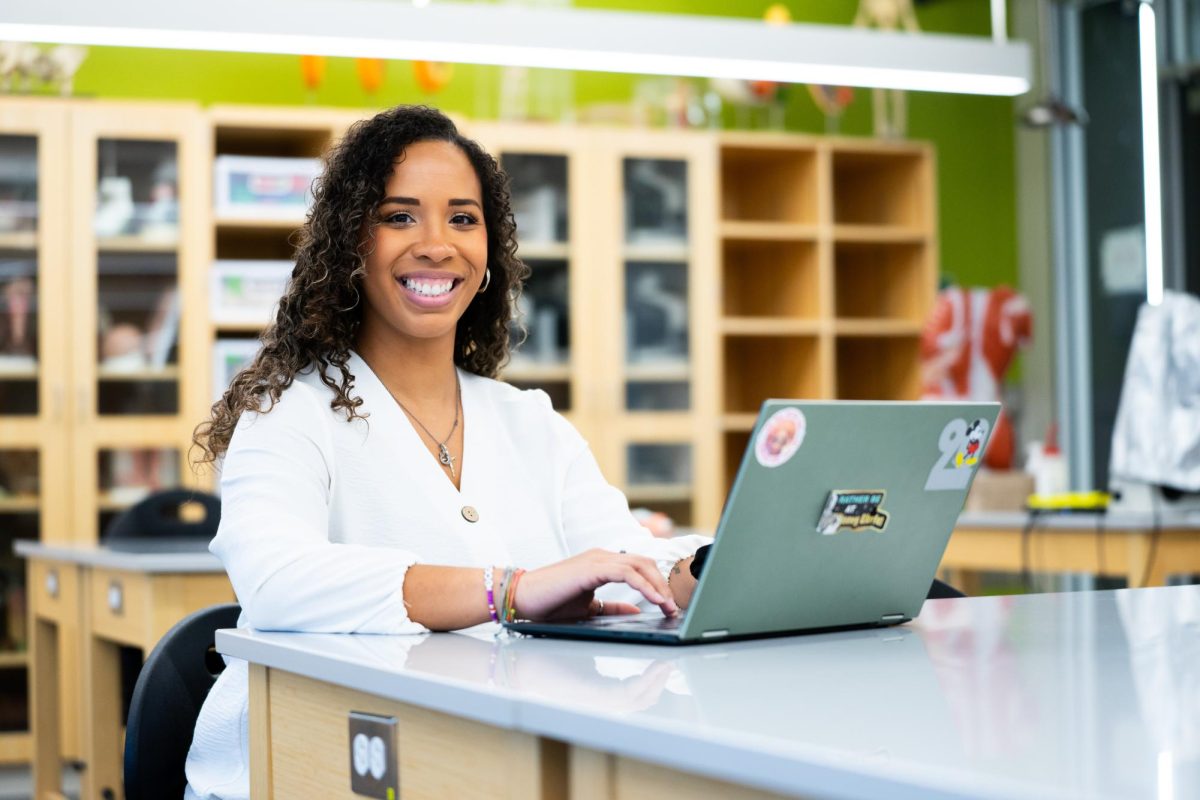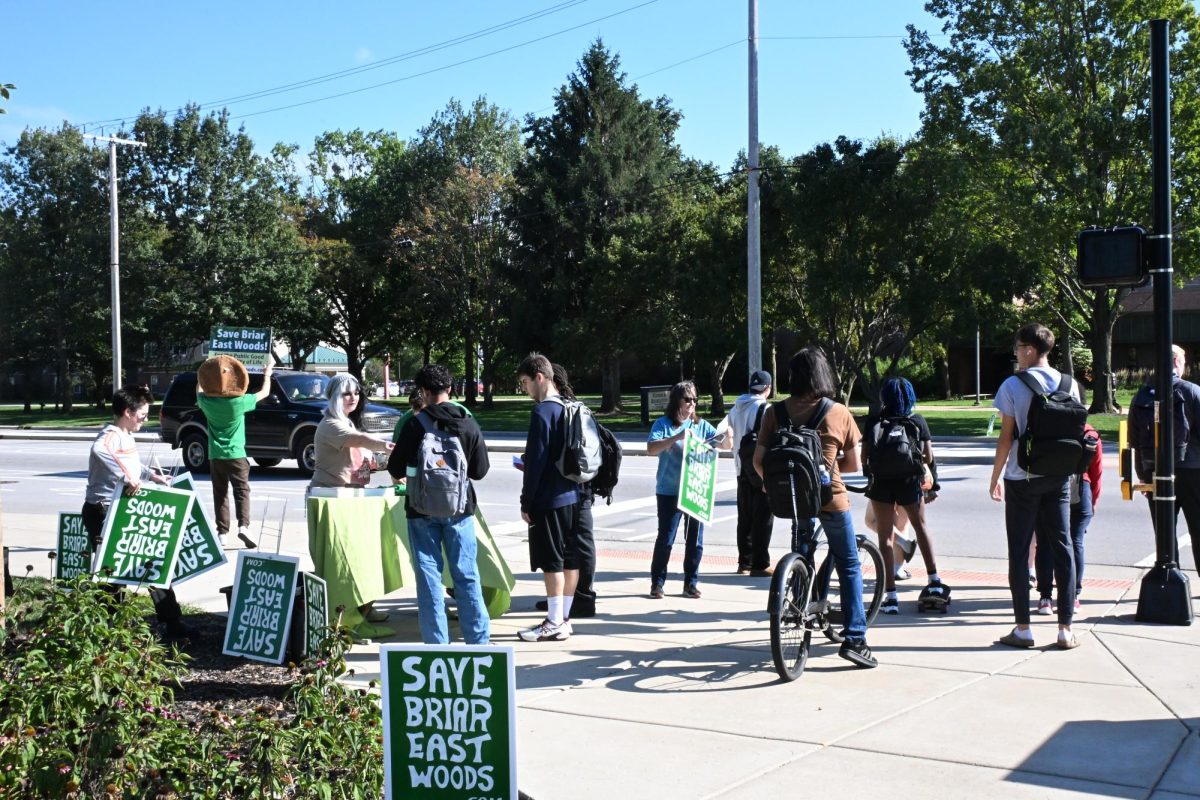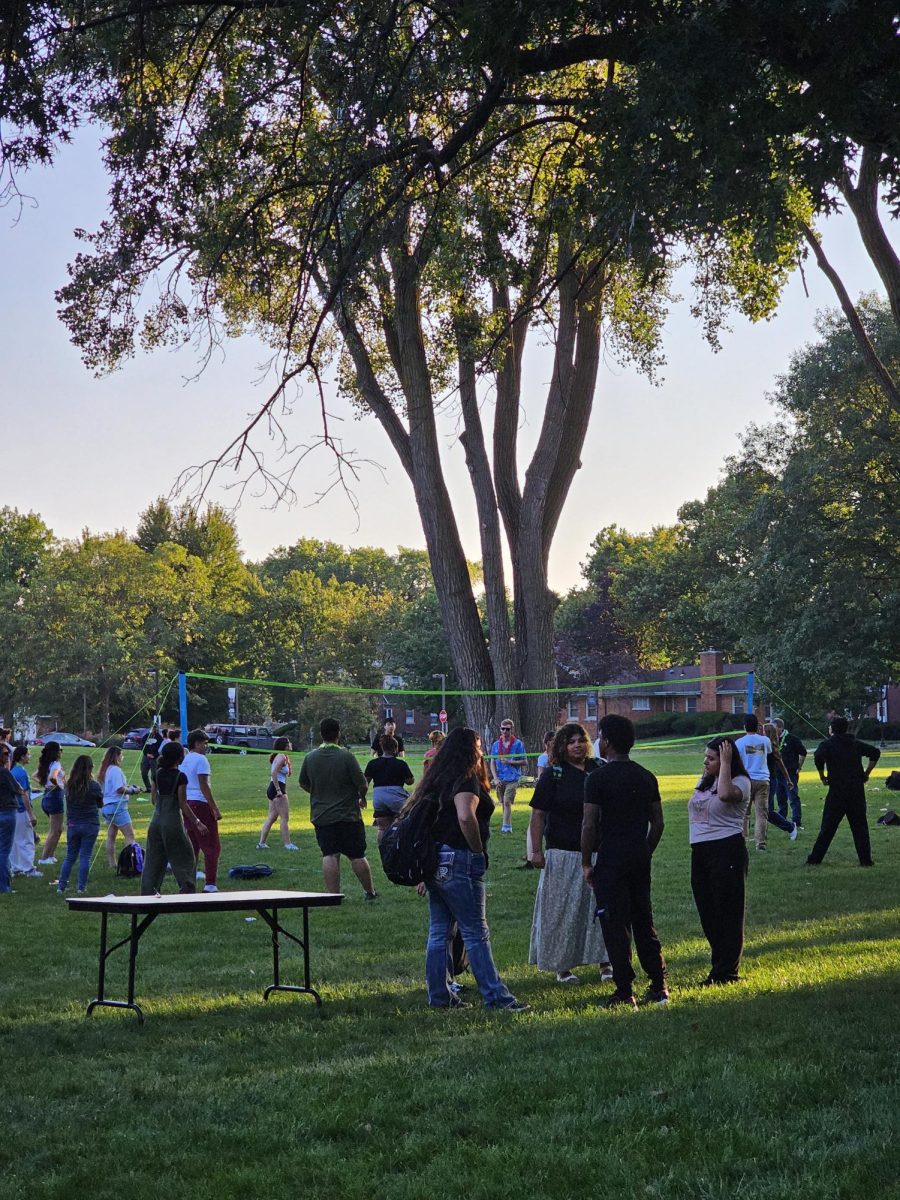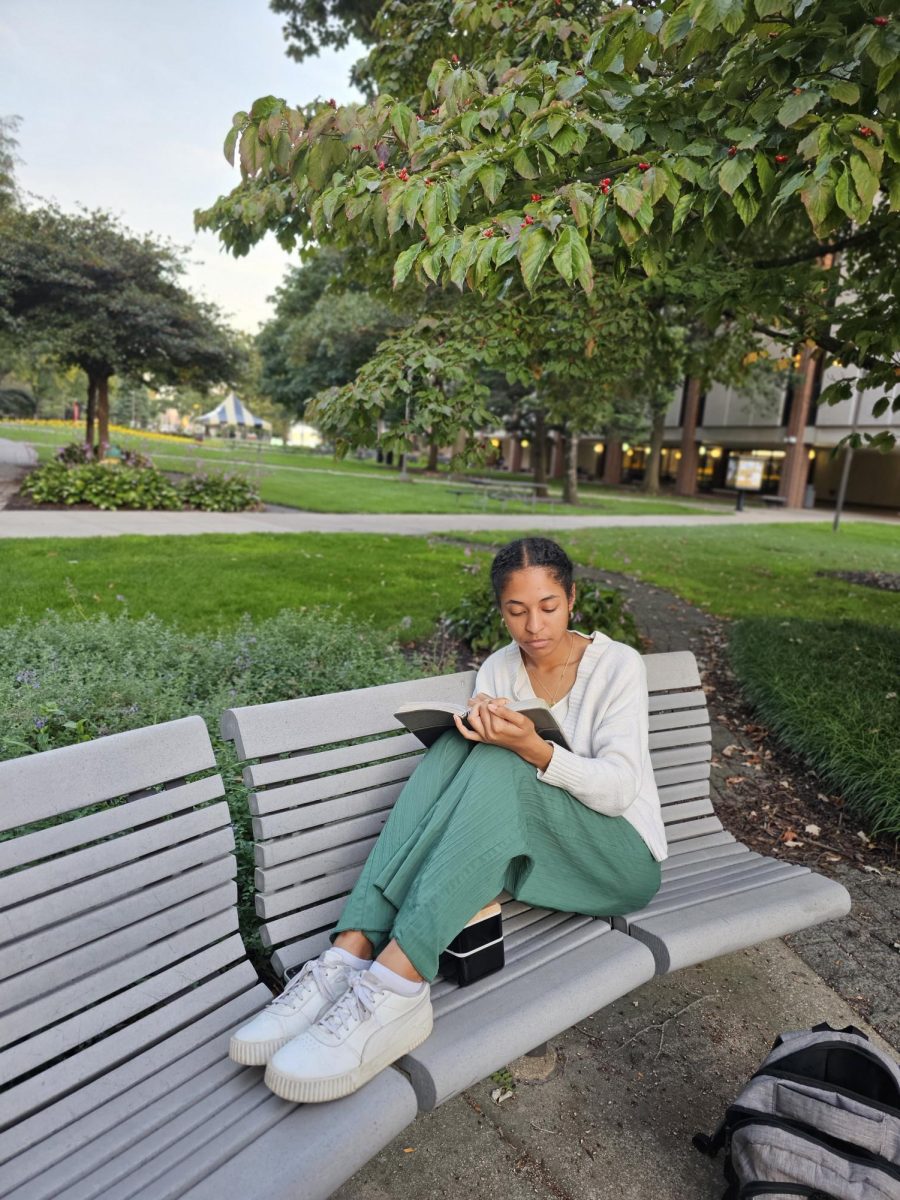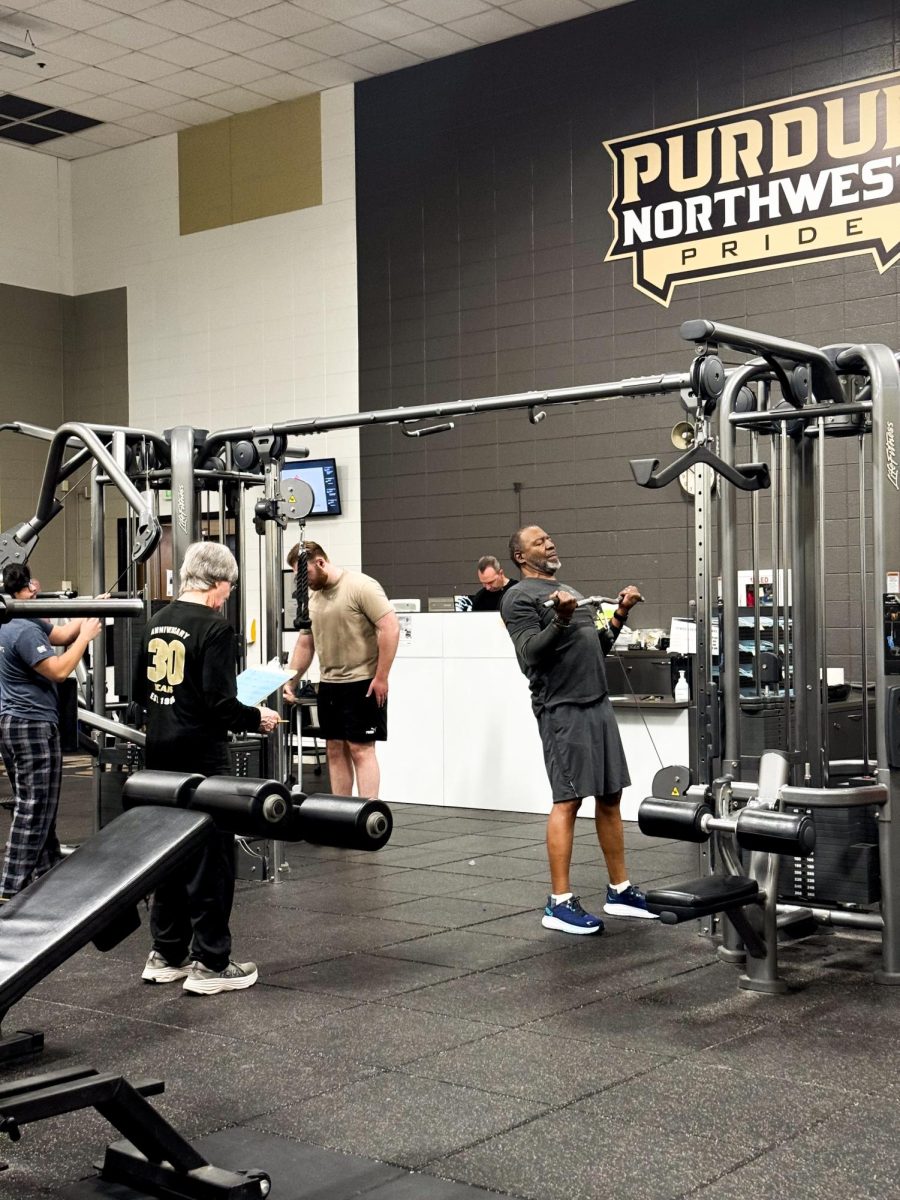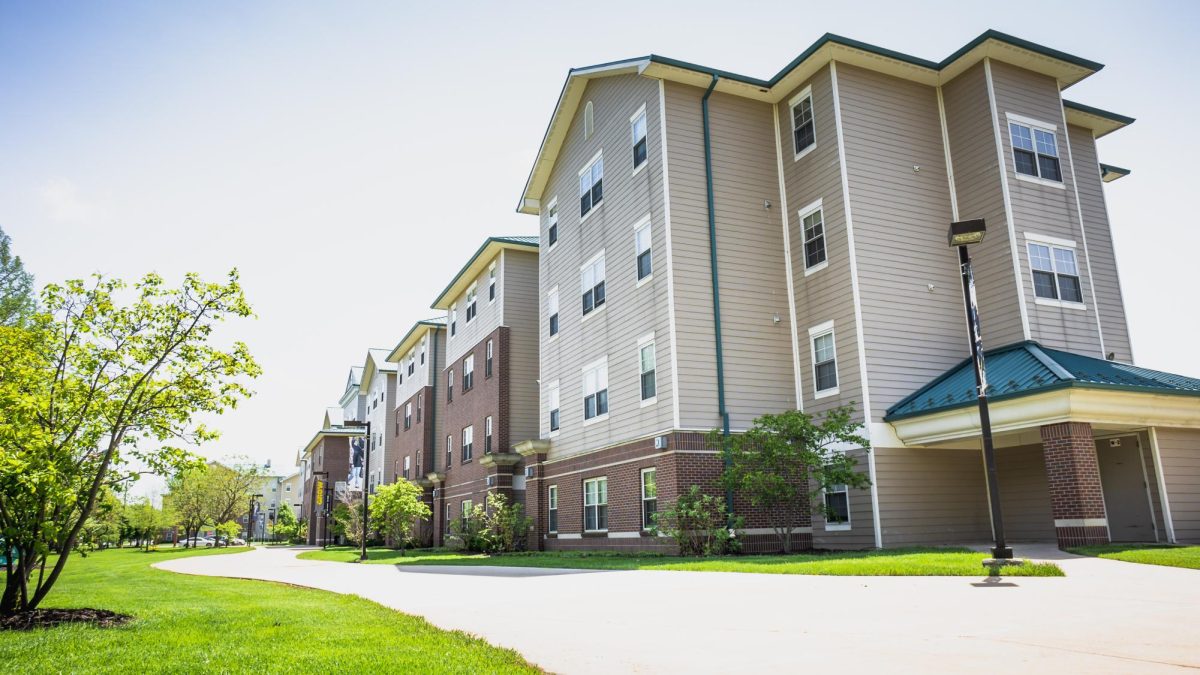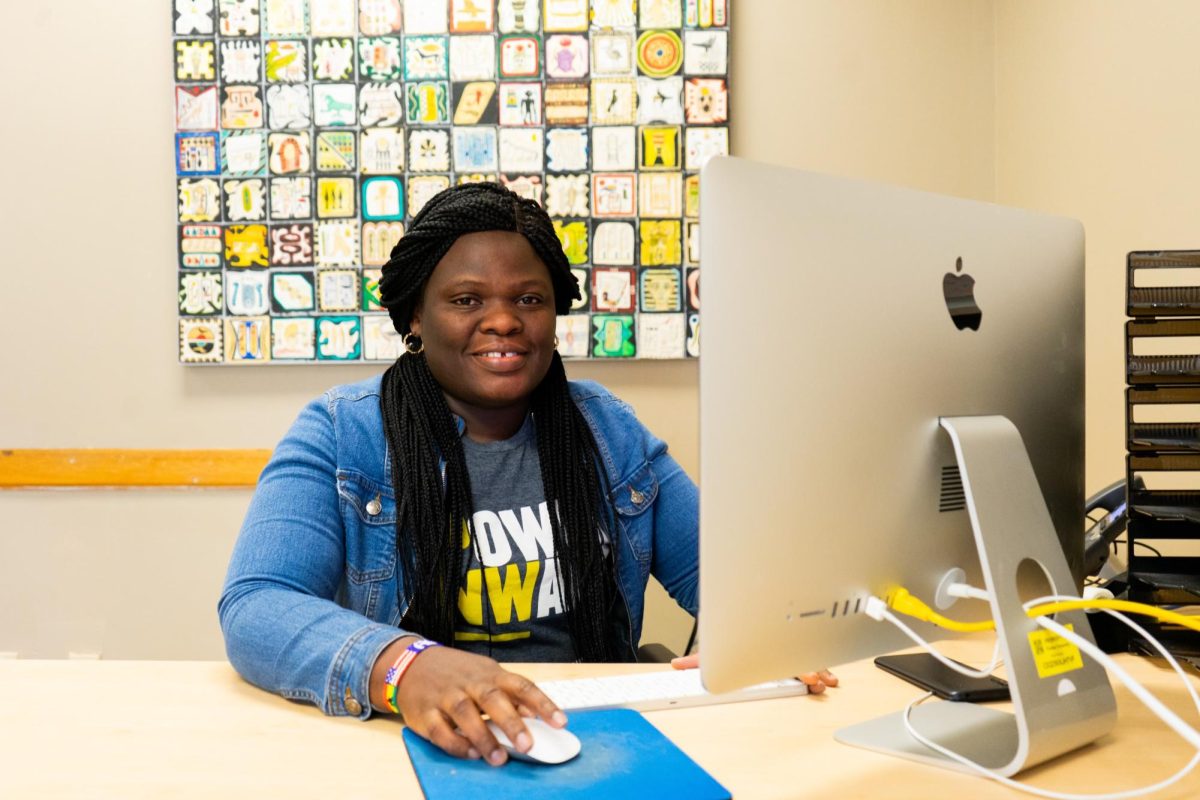A moment of tragedy changed the trajectory of this non-traditional student.
“I was a professional ballroom competitor and a licensed instructor,” said Cassandra Marsh, who is now a senior studying Integrated Human Health. “My whole life was dance … until I had a life-threatening, bypass surgery that almost took my leg. A couple years later [during] a competition I tore the labrum in my hip and discovered another clot.”
“I decided to retire,” she said.
At age 26, Marsh returned to school.
“I was told by so many teachers I wasn’t made for college and would never last a semester,” she said. “I always struggled in school growing up, I didn’t get tested for a learning disability until I was in seventh grade but wasn’t officially diagnosed with ADHD and dyslexia until I was a freshman when my GPA was 0.75.”
Nontraditional students, people outside the 18-to-22 age range of traditional students, make up almost 75% of the nearly 20 million students enrolled in post-secondary education, according to the National Center for Education Statistics.
PNW has plenty of non-traditional students.
Nova Wingo, a junior Communication major, enrolled at PNW to give herself a second chance.
“I nearly failed out of high school due to adverse childhood experiences,” she said. “I started here at PNW at 30 years old after working in the beauty industry for ten years. This was the first time I considered myself to have the capacity for higher education.”
“My experience has been different in the sense that a lot of events and opportunities cater to people much younger than me,” she said. “Though I am young at heart, last year I was denied an internship because I was ‘too old.’”
“I always remember that everyone’s experience is unique and I’m not ‘behind’ just because I took a different path,” said Wingo.
Wingo isn’t the first in her family to do that.
“When my dad retired from Amtrak after 20 years, he decided to go back to school at the age of 68 to finish his master’s,” said Wingo. “To this day he teaches and coaches football and track at Calumet New Tech High School. He is my biggest inspiration for change at any stage of life.”
But returning to school comes with obstacles.
“The biggest challenge I’ve faced was getting back in the swing of things,” said Pells Wyatt, a junior Communication major who dropped out of Indiana University Northeast, moved to Texas for several years, then decided to enroll at PNW.
“I had to be comfortable in my own skin,” she said. “I am at this university with people who are so much younger than me.”
“I’ve realized sometimes it takes getting older to learn to appreciate yourself and not apologize for being who you are,” said Wyatt. “That’s been a big realization moment for me since coming back to school.”
The adjustment was not so easy for Marsh.
“The most challenging thing was when I would go to professors for help and [they] would say, ‘Well, can you just go down in hours working to focus more on school?’,” Marsh said. “For me, going down in hours of work wasn’t an option. I have to work almost full time to maintain my bills, pay for my tuition, and go to school full time.”
“I currently work two jobs as a physical therapy aide and a server, along with being a [supplemental instruction leader] and tutor here at PNW for anatomy,” she said.
Many non-traditional students juggle work and school. Others also juggle family.
“I’m on a different journey than the rest of my peers,” Marsh said. “It gets lonely on this path as an older adult returning … to college.”
“If I could overcome it all and excel in college at almost 30 with a learning disability, you can do it too,” she said.


